IMF says economic growth in GCC to remain subdued
27 December, 2017 | By COLIN FOREMAN
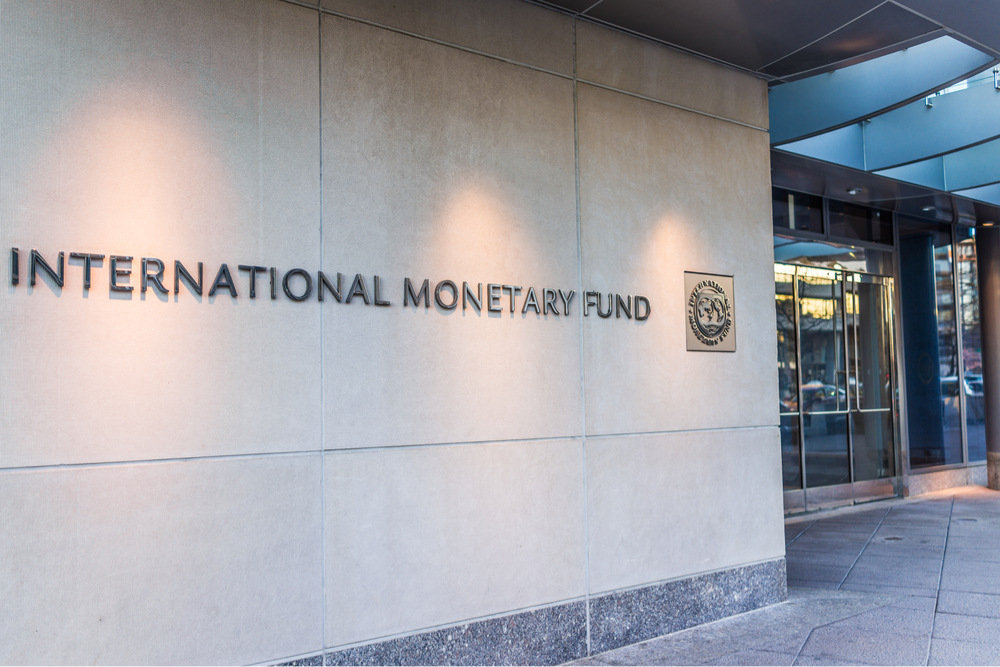
Medium-term growth prospects in the GCC remain subdued amid relatively low oil prices and geopolitical risks, according to a report by the Washington-based IMF issued on 14 December.
The IMF says non-oil GDP growth in the GCC will increase to 2.6 per cent this year, from 1.8 per cent last year, while lower oil output means overall real GDP growth is projected to slow to 0.5 per cent in 2017, from 2.2 per cent in 2016.
Non-oil growth has accelerated as the pace of fiscal consolidation in the region, which was mainly focused on reducing expenditure, slows.
The IMF says countries in the GCC should continue to rationalise recurrent expenditures, conduct further energy price reforms, increase non-oil revenues, and introduce measures to improve the efficiency of capital spending.
Private sector investment will also need to be encouraged to offset lower government spending and maintain growth. The IMF says this requires stepped-up reforms to improve the business climate and reduce the role of the public sector in the economy through privatisation and public-private partnerships.
Globally, the IMF says economic activity is gaining momentum. Global growth is forecast at 3.6 per cent this year, and 3.7 per cent in 2018, compared with 3.2 per cent in 2016. It adds that the more positive global growth environment should support stronger oil demand.
Related Posts

Investors require a concerted display of political will to engage in the hundred billion dollars-worth of planned PPP projects across the region
Sustained low oil prices between 2015 and 2017 drove ...
READ MORE
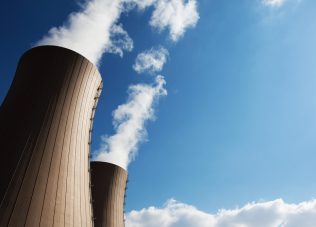
Kingdom is developing atomic energy with three main programmes
The Saudi cabinet has approved the establishment of the National Project for Atomic Energy.
The project was approved after a presentation to the ...
READ MORE

Plunging oil prices triggered a SR34.1bn deficit in Saudi Arabia’s first quarter budget
The region’s largest economy has the most to gain, or lose, depending on how quickly the Covid-19 pandemic is contained ...
READ MORE
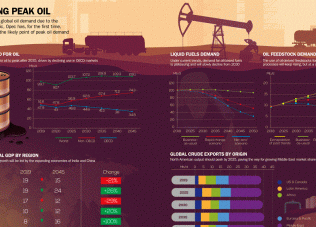
Amid a decline in global oil demand due to the Covid-19 pandemic, Opec has, for the first time, placed a date on the likely point of peak oil demand
On 13 ...
READ MORE

Mena start-ups attract $203m in funding in the first half of 2018
Government initiatives such as the UAE visa regulation and Saudi Arabia foreign ownership structure reforms are expected to help start-ups across the Middle ...
READ MORE
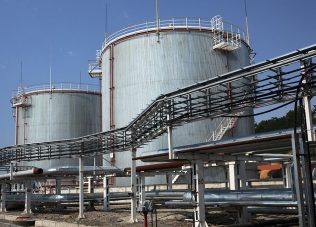
The expansion is due to be completed by the fourth quarter of 2019
Brooge Petroleum & Gas Investment Company (BPGIC) is looking to boost capacity for crude and oil products at ...
READ MORE
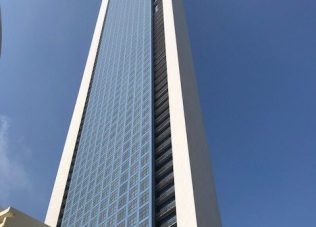
Adnoc has been able to close the transaction ahead of the expected closing date in the last quarter of this year
Abu Dhabi National Oil Company (Adnoc) has announced it has ...
READ MORE
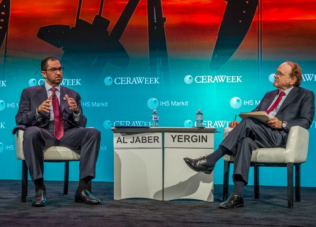
Abu Dhabi energy major will detail investment plans for downstream players at event in Abu Dhabi
Abu Dhabi National Oil Company (Adnoc) wants to intensify its downstream expansion drive in order ...
READ MORE
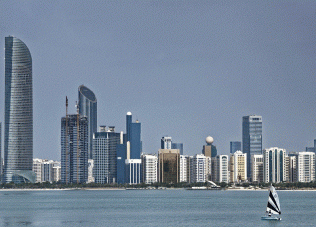
While short-term challenges must still be overcome, the UAE remains an attractive place to do business as its 50th anniversary nears
As the world recovers from the ravages of the Covid-19 ...
READ MORE
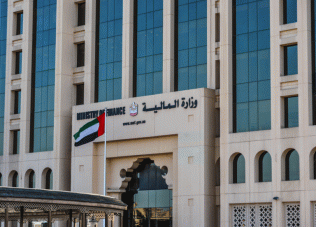
Persisting weakness in the non-oil sectors makes the case for further stimulus efforts in the near term
The latest economic and fiscal data from the UAE caters to those inclined towards ...
READ MORE
Finding a regional model for PPP
Riyadh approves nuclear project
Saudi Arabia balances economics and safety
Opec recognises concept of peak oil demand
Reforms expected to boost start-ups
UAE midstream firm to expand Fujairah storage facility
Abu Dhabi closes Adnoc Oil Pipelines infrastructure deal
Adnoc to launch downstream investment opportunities in May
UAE set for post-Covid recovery in 2021
UAE economy looks to recapture its appeal
27 December, 2017 | .By COLIN FOREMAN













